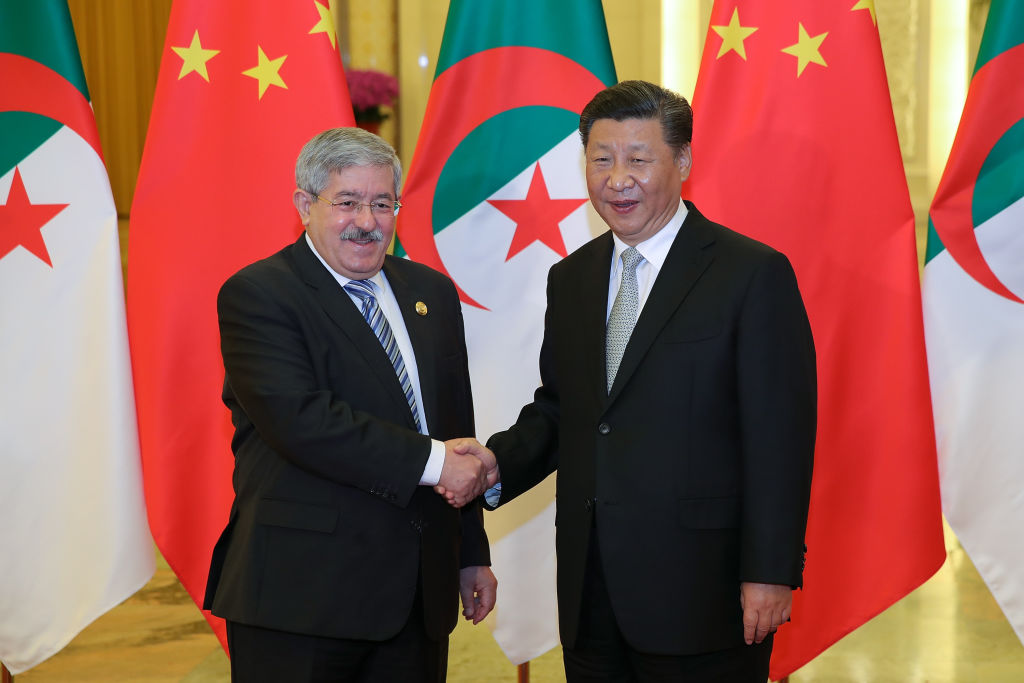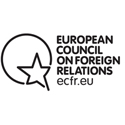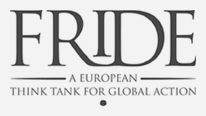
🏆Josep Errea Gil🏆
Grado en Ciencias Políticas y de la Administración
Ganador de la UNIVERSIDAD DE GRANADA, con su proyecto «The threat of China’s growing influence in Algeria and North Africa», que puede leer aquí:
The multipolarity in which we are immersed means that the West’s traditional trading partners have options for diversification, which is why they are looking to third parties for other avenues of economic and cultural growth. Since the beginning of the century, China has experienced immeasurable growth, which, although far from the figures seen ten years ago, is giving it the opportunity to compete with the United States and, therefore, NATO.
This geopolitical struggle is at its most intense in Asia-Pacific, where the United States is seeking to increase its influence close to China, limiting its power, but without neglecting other scenarios. North Africa has always been a strategic location for Europe, as it is in contact with the countries of the south of the continent. This geographical proximity has created a tradition of cooperation that is more than rooted, both economically and in terms of security. Despite being an area usually recognized as a zone of Western influence, the countries of North Africa (Morocco, Algeria, Tunisia, Libya and Egypt) are increasingly attracting China’s attention.
China is gradually entering the streets of the countries concerned, through a soft power based on the creation of economic ties, as well as tourism, cultural diffusion, trade, etc. The North African countries see China as an alternative partner to NATO, and also see the Asian country as a mirror to which to look at, as a country that has experienced great economic growth under an authoritarian regime.
China’s growing economic and political influence in the region means that the West is gradually losing its ability to influence the security dynamics of the southern Mediterranean.
The dragon country has expanded its economic and trade relations in the area, and the world, thanks to the Belt and Road Initiative (BRI)1. The BRI initiative was launched in 2013 and aims to include more than 80 countries, which will concentrate 36% of the world’s GDP, as well as 41% of world trade. Since the announcement of the project, the North African states have strengthened their diplomatic, economic and cultural relations with China. Several Chinese cultural centers and Confucius Institutes have opened in the region and visa restrictions have also been lifted.
China has become the main trading partner of both Egypt and Algeria, two of the most powerful countries, not only in North Africa, but in the whole continent. Algiers plays a special role for NATO’s southern borders, as it is a major supplier of gas. In addition, it has a major security role in the Mediterranean, as it has the largest military budget in the entire continent.
China in 2013 became Algeria’s largest trading partner, surpassing France. A great sign of the power that the Asian country is acquiring is the value of exports; in 2018 China exported goods with a value of $7.85 billion, being an all-time record.
Several Chinese companies are investing in the Algerian country, especially in the construction, real estate and energy sectors, with some of the most relevant projects (either financed or built by Beijing) being the Algiers Opera House, the Sheraton Hotel, the Grand Mosque of Algiers and the East-West highway. In addition, the export of Chinese labor has led to the establishment of a Chinatown in Algiers.
This magnificent bilateral relationship is only improving, as evidenced by the second five-year cooperation agreement, which was signed between the two countries in November 2022. This strategic agreement places Algeria as a strategic partner in areas such as economy, agriculture, energy, technology and culture.
NATO’s problem with Algeria was accentuated by the war in Ukraine, because since Russia cut off part of its gas exports to Europe, the North African country has become one of the main exporters of gas to the old continent. This situation of dependence means that Algiers can use this status to try to influence the decisions of the North Atlantic Alliance and the EU.
Although China’s presence in North Africa, and especially in Algeria, is at an incipient stage, and far from matching the presence of NATO in the country, it is true that the gradual increase of the Asian country’s importance in the region is a matter of concern, since it implies the rapprochement of a non-aligned country to the NATO’s southern franc. In addition to China’s growing influence in the region, it is also important to highlight the threat posed to Europe by the large volume of gas received from Algeria, which can be used as a means of blackmail. Although China does not currently have the capacity to underpin major security arrangements, in the long term it could act as a spoiler and challenge NATO in the region, posing a continuous security risk on the southern flank of the North Atlantic Alliance.









